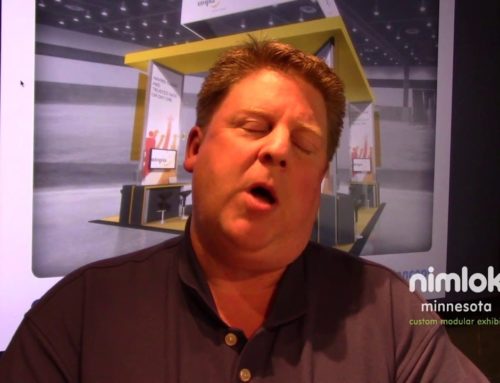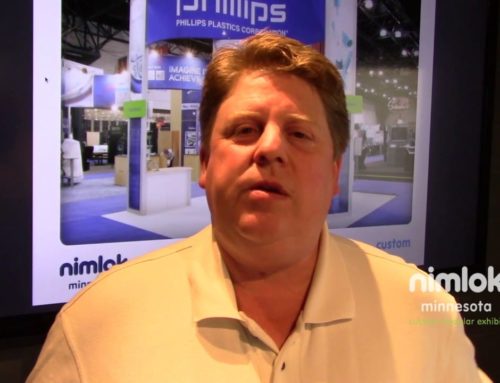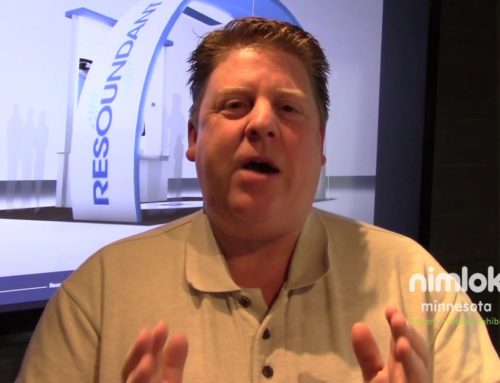Joe Greeley here for Nimlok Minnesota.
Budgets and money. Ooooh! When you hear those words, gives you a little heebie jeebies, doesn’t it? Huh? What does it make you think of? For me, federal government and budgeting. Oh, man. Also, I think of my childhood. What did our parents used to say? “It’s not polite to talk about money.” Well, budgets are money. It’s not polite. It’s uncomfortable. They’ve kind of put that in our heads, right?
So I get it, but is that the reason a lot of people don’t budget, and then they get hit with surprises? I’m not really sure. It’s just a theory. I know in my household, budget is not a popular conversation. It’s just uncomfortable. It’s weird. It turns into tension. Maybe a little rift. Maybe a night of me on the couch. That only happened once.
But the point here is this. A lot of people don’t budget, and then they’re surprised. Dave Ramsey, the financial guru, once said, “A budget is telling your money where to go rather than trying to figure out where it went.” And Dave hit the nail on the head. I agree with this completely.
Just think of the federal government for a second. Ha! Spend like a bunch of drunken sailors. I know there’s a budget, but how do they go so far over? Well, I think I’ve got part of it figured out. I put into the Googler “federal budget,” and it kicked out some interesting things. $48 billion for defense, $22 million or whatever for prison systems, and another $780,000 to figure out if pizza is as addictive as crack. Road repairs, another $1.3 million to figure out if beer koozies actually work. Wait a minute. Who’s the guy that’s looking at this going, “All seems fine to me”? Right? Oh, man. You’ve got to be kidding me.
But the point is, then you get done, and then you have all of these surprises. Who approved this thing? How did we get here? The idea here is no surprises at the end. Make a budget, stick to it, and use it as a scorecard. Figure out where you can cut, where are you spending too much? Ultimately when you get to the end of the show hopefully there are no surprises. You don’t go, “Boy, you know what, we went $25,000 over, and I have no idea how. We just spent a lot of money.
The point here is no surprises. Now, within this email I put a link to a budgeting worksheet. Take a look at it. If it’s a helpful tool, use it. If you modify it, great, or if there are just parts and pieces of it that will help you, wonderful. The other option is, feel free to call us. We’re happy to answer any questions you have and even walk you through it or help you think about some of the things maybe you should be thinking about.
One last way to think about a budget just quite simply is to break it into three digestible parts: before, during and after. What are you spending before the show that is directly related to it, what are you spending on the show while you’re there, and what are you spending after. And after can even mean two, three, four weeks after, things that come in or things that might be related to the show. Start budgeting. Again, no surprises.
Anyway, I hope this helps, and let us know how we can help. Thanks.







